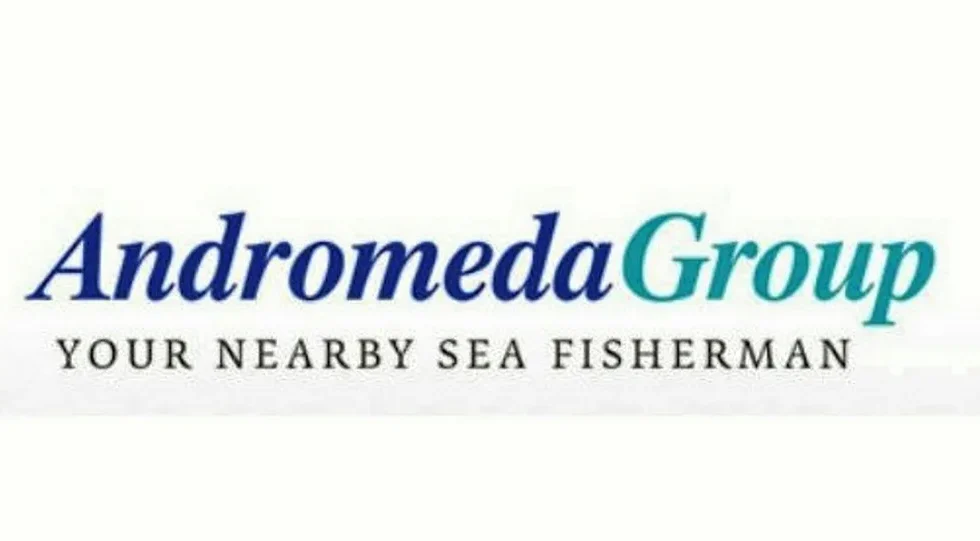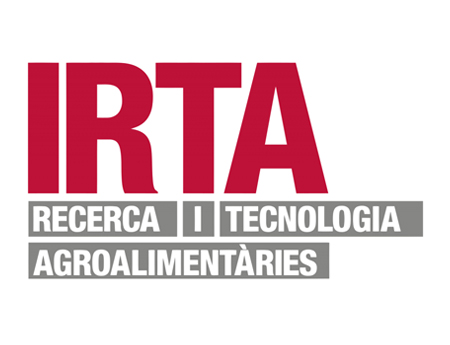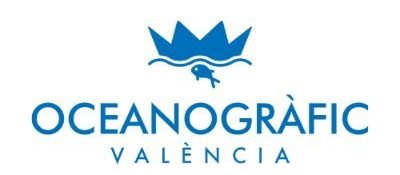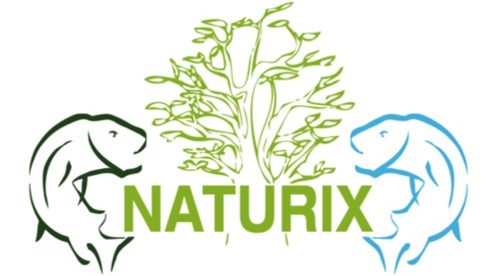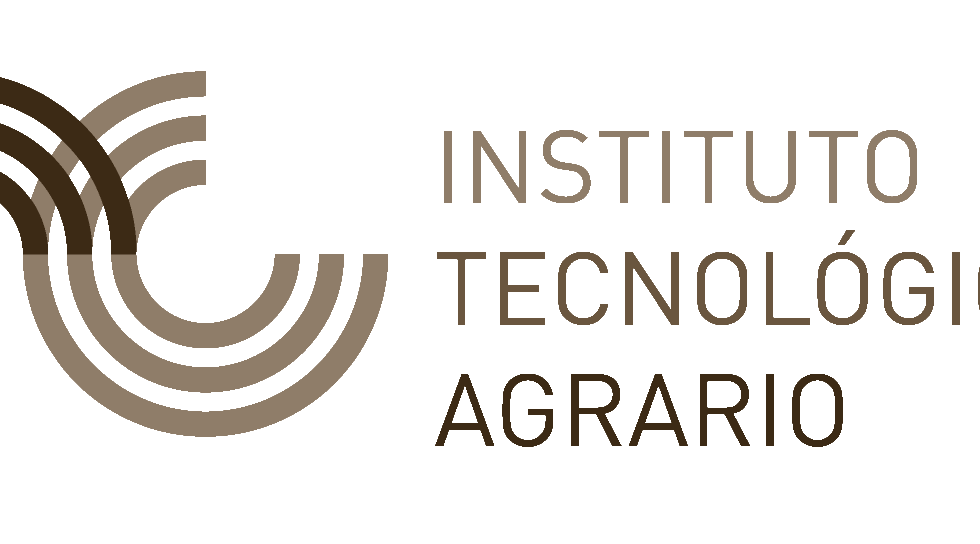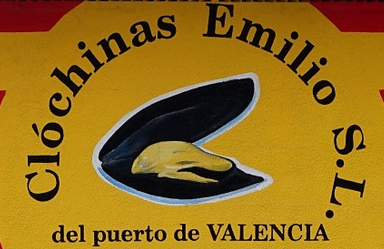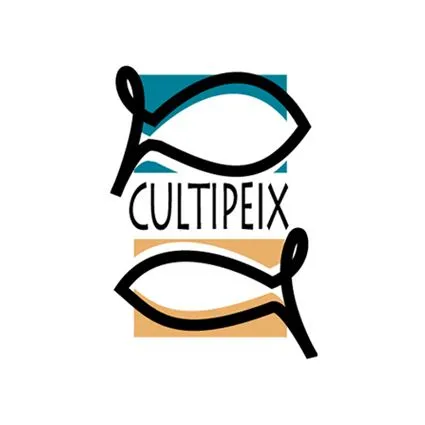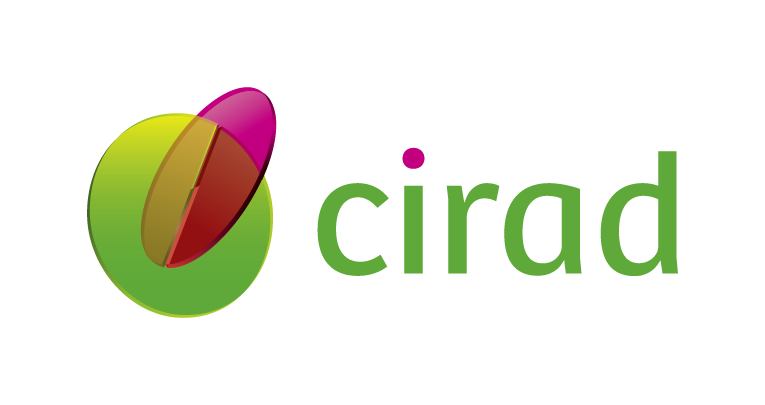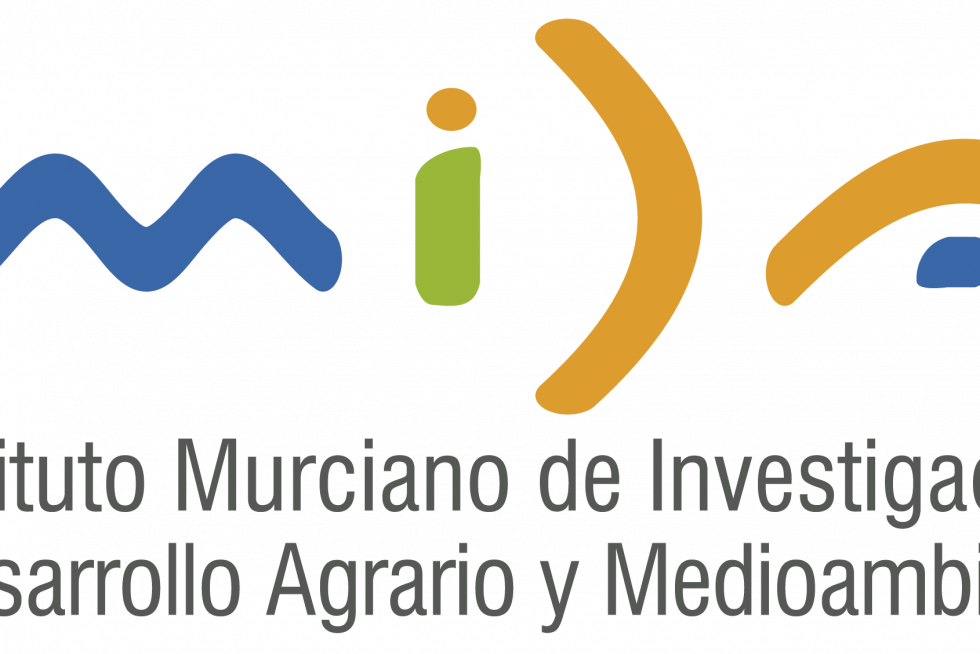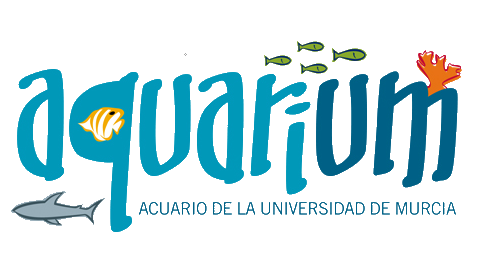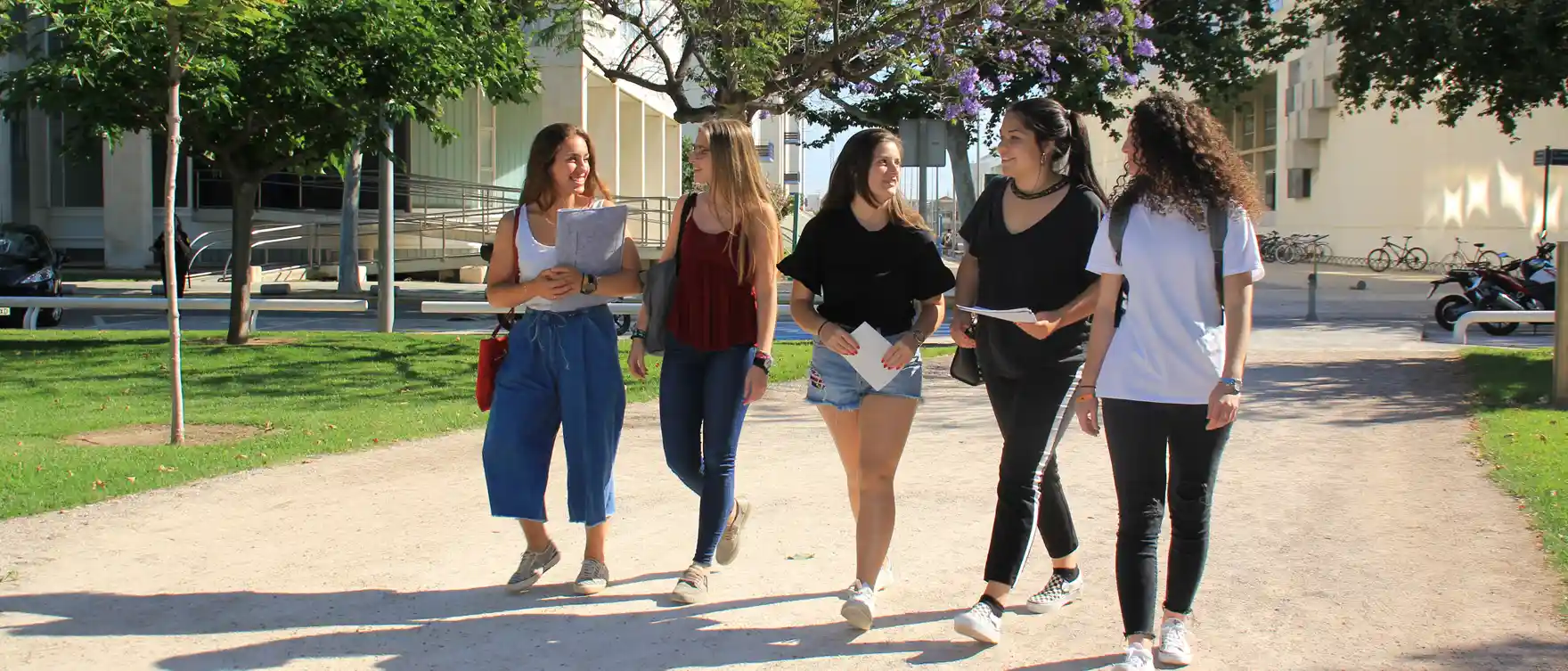Page content
Description of the title
The Official Interuniversity Master’s Degree in Aquaculture is a postgraduate program aimed at graduates who wish to professionalize and specialize in the aquaculture sector. This program is jointly organized by two of the main public universities in Valencia, the Universitat Politècnica de València (UPV) and the Universitat de València (UV), with the aim of offering students the best training through experts in the field and the necessary tools to ensure their professional success.
The master’s degree also enjoys the collaboration of the Torre de la Sal Aquaculture Institute (CSIC) and the support of various companies in the sector, as well as public bodies, which strengthens its practical approach and contributes to the direct link between academic training and the working world. This approach ensures that students are prepared to pursue doctoral degrees or continue their professional growth within the aquaculture field.
The importance of aquaculture is undeniable. Fish and aquaculture products are key sources of highly digestible animal protein and omega-3 fatty acids, which are essential for human health. Demand for these products has doubled in the last three decades, but fish catches have remained stable at 90 million tons. In contrast, aquaculture has grown exponentially, reaching a production of 56 million tons, of which 38 million are of continental origin and 18 million of marine origin, according to FAO data.
The most widely produced aquaculture species worldwide include various species of carp, kelp, oysters, clams and tilapia, with shrimp and salmon being the most economically valuable. In Europe, mussels, salmon, trout, oysters, sea bream, carp and sea bass are among the most important species. For the future, it will be essential to consolidate these productions and to bet on the introduction of new species that grow rapidly and are larger in size, always under criteria of environmental, social and economic sustainability.
The future of aquaculture will depend on an adequate legislative framework, government support, innovation in companies and investment in R&D&I. In addition, it will be crucial to have highly trained professionals who can optimize production systems and integrate new technologies and scientific advances. In this context, the mission of the Interuniversity Master in Aquaculture is to train scientists and experts who will contribute significantly to the development and sustainable growth of the aquaculture sector.
Objectives of the degree

Management and control of aquaculture facilities: To prepare students to manage, control and innovate in both existing and new aquaculture facilities, including marine and inland species.

Design of aquaculture facilities: To train students in the design of aquaculture facilities, both inland and marine (including tanks and floating cages), as well as their environmental impact assessment.

Development of integrated management plans: To provide students with the necessary tools to develop and manage aquaculture production plans, covering all phases of the life cycle of the species, from reproduction to product transformation.

Research and development (R&D): To prepare future researchers to advance in key aquaculture disciplines such as nutrition, reproduction, pathology and sustainability. In addition, to respond to the innovation needs of the sector in the coming years.

Teaching and scientific dissemination: To train students for teaching at universities and pre-university levels (especially in Vocational Training), and for the dissemination of scientific information on the sector, with a focus on sustainable development, responsible consumption and food safety.

Process control and sanitary management: To provide training in the supervision and control of production, feeding, reproduction, growth and transformation processes of aquaculture products, as well as sanitary and environmental management.

Development of research projects: To train students to develop research projects related to aquaculture, covering multiple disciplines that contribute to the advancement of knowledge in this sector.

This approach encompasses both the professional, academic and research spheres, responding to the social needs for well-trained specialists for the development and sustainability of aquaculture.
Career opportunities
The professional opportunities of the Master in Aquaculture are wide and varied, covering different sectors related to the development and management of aquaculture. Among them, the following stand out:
- Aquaculture production in fish farms and aquaculture farms, supervising all phases of the life cycle of the species, from breeding to marketing.
- Entrepreneurship through the creation of new aquaculture enterprises, in the cultivation of new species or implementation of innovative technologies.
- Specialized consulting in aquaculture, providing technical advice on the efficient and sustainable management of aquaculture resources.
- Integration in aquaculture-related industries, such as production of specialized feeds, medicines and vaccines for fish.
- Transformation of fishery products, participating in the elaboration and improvement of products derived from aquaculture.
- Commercialization of aquaculture products, ensuring that they reach the market in optimal conditions with a focus on sustainability and food safety.
- Incorporation in public administrations and research in the private and public spheres, contributing to the advancement of R&D&I in aquaculture and regulation of sector policies.
Aimed primarily at
Students from Spanish universities or institutions belonging to the European Higher Education Area may be admitted to the Master’s Degree in Aquaculture, as long as they can prove that they hold a Bachelor’s, Engineering or Degree in related studies, such as the following:
- Biology
- Environmental Sciences
- Marine Sciences
- Pharmacy
- Agricultural Engineering
- Agricultural Engineering
- Forestry Engineering
- Veterinary
Likewise, foreign students may be admitted if they can prove the adequacy of their degree if they do not belong to the European Higher Education Area.
Structure of the master’s degree
Credits: 60 ECTS
Mandatory:36 ECTS |Electives:ECTS |External internships:0ECTS |Final Master’s thesis (TFM):ECTS
Module 1. Mandatory module :36 compulsory ECTS
Subject:Patology and immunology
Minimum credits: 6 | Character: Mandatory
Subject:Cwater quality
Minimum credits: 3 | Character: Mandatory
Subject:Fapplied isiology
Minimum credits: 3 | Character: Mandatory
Subject:Zapplied oology
Minimum credits: 3 | Character: Mandatory
Subject:Disign and management of facilities
Minimum credits: 4 | Character: Mandatory
Subject:Ingineering of systems
Minimum credits: 4 | Character: Mandatory
Subject:Reproduction
Minimum credits: 5 | Character: Mandatory
Subject:Cality of the product
Minimum credits: 3 | Character: Mandatory
Subject:Nutrition and nutrition
Minimum credits: 5 | Character: Mandatory
Module 2. Elective module :18 ECTS electives
Subject:Introduction to aquaculture
Minimum credits: 2 | Character: Elective
Subject:Úlatest advances in aquaculture
Minimum credits: 3 | Character: Elective
Subject:Sroduction systems: mollusks
Minimum credits: 2 | Character: Elective
Subject:Sroduction systems: auxiliary crops
Minimum credits: 2 | Character: Elective
Subject:Diagnosis and disease control
Minimum credits: 4 | Character: Elective
Subject:Asustainable cuiculture
Minimum credits: 3 | Character: Elective
Subject:Sroduction systems: inland and tropical fishes
Minimum credits: 3 | Character: Elective
Subject:Sroduction systems: marine fish
Minimum credits: 3 | Character: Elective
Subject:Initiation to aquaculture research (research oriented)
Minimum credits: 6 | Character: Elective
Subject:PExternal internships (professional orientation)
Minimum credits: 6 | Character: Elective
Note: In this subject a maximum of 6 ECTS can be carried out in external curricular internships (the syllabus contemplates a maximum of 6 ECTS for external curricular internships).
Module 3. Master’s thesis module:6 ECTS Final thesis
Subject:TMaster’s thesis
Minimum credits: 6 | Subject: Final Project
Internships
Instructions for internships
Students who choose the business orientation must enroll in the elective course ofInternships. The student who chooses the professional profile must enroll in the following subjects:
- Internship in a company. Compulsory (6 ECTS)
- Master’s thesis. Compulsory (6 ECTS)
Agreements signed for internships in companies:
Some of the entities with which agreements have been established in recent academic years are listed, which can be increased as the student proposes the entity and the Academic Committee approves the training project presented and the external tutor proposed.
- Skretting
- L’Oceanogràfic
- Avramar Spain
- Naturix
- Piscifactorías Albadalejo S.L.
- Clóchinas Navarro
Research and access to Ph.
Students who choose the research orientation will enroll in the following courseIntroduction to Aquaculture Research,which is mandatory for students who choose the research option. Its objective is to initiate students in research activities in one of the areas of the aquaculture field, allowing them to learn the basic lines of research and the methodologies used in specialized centers.
This subject can be developed at the UPV or at another research center, but always under the supervision of a UPV tutor, regardless of where it is carried out. The assigned tutor will be responsible for coordinating with the professor responsible for the subject to ensure proper tutoring.
Academic exchange / agreements with other universities
Since the Master is interuniversity, the student will have to travel between the participating universities and the Institute of Aquaculture of Torre de la Sal (IATS, Castellón), within the Valencian Community. During the first term, classes will be held at the Burjassot campus (UV) from Monday to Wednesday and at the Vera campus (UPV) on Thursdays and Fridays. In the second term, classes will be held in Burjassot on Mondays and Tuesdays, and in Vera from Wednesday to Friday. The courses at IATS will be held on Fridays from March to May, with the possibility of arranging a bus service.
Student mobility will be managed by the International Relations Offices of the universities. There are options for postgraduate Erasmus exchanges with universities that have an agreement, as well as with others outside the Erasmus program, as long as there are collaboration agreements. Academic exchange is only allowed for the Master’s Thesis.
Facilities and laboratories
Polytechnic University of Valencia
List of facilities of the Department of Animal Science (UPV) used for the Master in Aquaculture:
- Complete equipment for routine chemical analysis including ovens, muffles, a LECO elemental analyzer, a Kjeldahl equipment, a Soxlet equipment, a calorimetric pump, an Ankom equipment, a Julie C-3 analyzer, an Elisa Multiscan RX plate reader, and automatic photometric readers. It also has the methodology and equipment for nutritional evaluations by in vitro and enzymatic activity techniques. It also has a high performance liquid chromatograph (HPLC) with automatic injector and fluorescence and ultraviolet detectors, and two gas chromatographs with automatic injectors and flame ionization detectors (FID).
- Aquaculture Nutrition Laboratory, with fresh and sea water recirculation installation, with rotary mechanical filter, aeration-oxygenation, heating-cooling systems, consisting of 18 tanks of 1750 l, 8 of 600 l and 24 tanks of 2000 l, as well as 5 digestibility tanks of 100 l each and 40 cuvettes of 0.4 m2 for shrimp trials.
- Fish Reproduction Laboratory: It has a total of 42 aquariums of 150/200 liters distributed in two rooms (with controlled photoperiod and temperature), two IRTAmar modules that control the water quality of 6 tanks of 500 liters, and a module of specific aquariums for zebrafish. It has tanks for freshwater and seawater. It also has a laboratory area for dissection and sample collection.
- Extruded feed pilot plant, with semi-industrial extruder CLEXTRAL BC-45 for the production of experimental extruded feed for aquaculture. It is the only facility of its kind in the Spanish University.
- Meat quality laboratory. Equipped with spectrophotometers and colorimeters, plate analyzer, texturometer and plate analyzer. It also has a tasting room.
- Aquaculture Laboratory – Analysis Located in the semi-basement of the ICTA building (7G), it is equipped for the basic handling of blood and sperm samples, for the preparation of diluent media, for histological processing of samples and for performing various molecular biology techniques. It has magnifying glasses and microscopes for the observation of different types of samples. The equipment includes osmometer, pH meter, centrifuges, oven, extraction hood, incubators, qPCR, flow cytometer, and optical and fluorescence microscopy equipment. It has cryobanks of various sizes for the storage of samples in liquid nitrogen. It also has sperm quality evaluation equipment (motility: CASA and morphometry: ASMA).
University of Valencia
The University of Valencia has teaching laboratories fully equipped to teach the subjects of this master’s degree: microscopes, magnifying glasses, experimental aquariums, autoclaves, thermocyclers, spectrophotometers, etc. In addition, the UV has the facilities of the experimental aquarium plant of the SCSIE, which includes an aquatic biology laboratory, a building with nine systems (80 tanks) for the maintenance of aquatic organisms and a climate-controlled chamber with 12 aquariums. It also has an experimental aquarium plant with 80 tanks and a climate chamber with 20 aquariums.
Torredelasal Aquaculture Institute (IATS, CSIC)
IATS has four experimental rooms for fish, mollusk and crustacean culture with an area of approximately 2000 m² with more than 300 experimental tanks of different volumes, with continuous flow of seawater and closed circuits for temperature and oxygen control. This infrastructure is complemented by two wet laboratories and 4 necropsy rooms. It also has an isolated unit for working with fish pathogens and an experimental unit for model species. In addition, IATS has a radioisotope unit, a cell culture unit, histology and microscopy, gas chromatography, and a total of seven laboratories equipped for cellular, molecular and biochemical biology studies and analyses.




Master’s Thesis
The Master’s Thesis (TFM) is the confirmation that the student has acquired the necessary competences and skills to carry out an original work in the field of aquaculture. This work will conform to one of three possible options:
- Experimental research work.
- Theoretical scientific work.
- Technical work.
In particular, it is intended that students develop as a culmination of their studies this TFM, in any of the three modalities, a report and present in public the results of their activities.
The TFM consists of the realization of a project by each student, with the objective that the student demonstrates a certain maturity to develop a topic specific to the higher degree in aquaculture. The work will be supervised by a tutor and must have clear and achievable objectives. This work should show the student’s competences in different aspects within the field of aquaculture.
The evaluation of the Master’s thesis will be carried out in accordance with the TFM Regulations approved by the University’s Governing Council on May 6, 2009 and the instructions issued by the Master’s Academic Committee. The student must present a report clearly stating the problem, objectives, methodology used, results, conclusions and bibliography. The student must enter his or her report on the corresponding dates through the Ebrón application, which can be found on the intranet.
There will be two possible periods for reading and defense, with the student having the right to two calls during the course. The first call will be at the end of July and the second in September. All calls will be published annually on the MUA web page, in the TFM section.
Collaborating companies
Students enrolled in the subject “Internships” may carry out internships in the companies or institutions offered by the master’s program, some of which are:
In addition to the administrative and service personnel who carry out the administrative and economic management of the Master, the Master’s Unit of the UPV has external professionals who work in aquaculture companies or research centers, as direct support personnel for the training work. The external professionals who usually collaborate in the teaching are:
- Mr. Josep Cerdá. Chief Sanitary Officer and Director of Carpeix Pollença Farm (Mallorca).
- Mr. Jordi Comas. International Sales Director EMEA – Mørenot Aquaculture
- Dr. Fernando de la Gándara, Scientific Researcher at the Oceanographic Center of Murcia (IEO, CSIC).
- D. Antonio de Hoces Grau. Expert in fry quality. Aquicultura Balear SAU, Bersolaz Spain (Culmarex).
- Mr. José Vicente de Jesus Moriñigo. Food technician. Bersolaz Spain (Culmarex), Puerto de Sagunto (Valencia).
- Mr. José Martí. Expert in gilthead seabream pre-fattening. Avramar (Burriana)
- D. Mario Roche, fish conservation section of L’Oceanogràfic de Valencia.
- D. Fernando Pérez Díez. Manager of Valenciana de Acuicultura SA (VASA), Puzol (Valencia). Expert in eel production.
- D. Curro Villarreal, Managing Director of Ecological Trout Production – Naturix Acuiculture S.L. (Guadalajara, Spain).
The ADEIT Foundation of the University of Valencia and the Integrated Employment Service of the UPV, formalize agreements for external internships with companies and centers that host students under the training program of the Master and assign them an external tutor who, in coordination with the University, is responsible for the proper monitoring of the student’s training and instruction in the skills of the specific work environment in which he/she is inserted. In many subjects there is the presence of visiting professors from other Universities or Research Centers, experts in particular aspects of these subjects.

